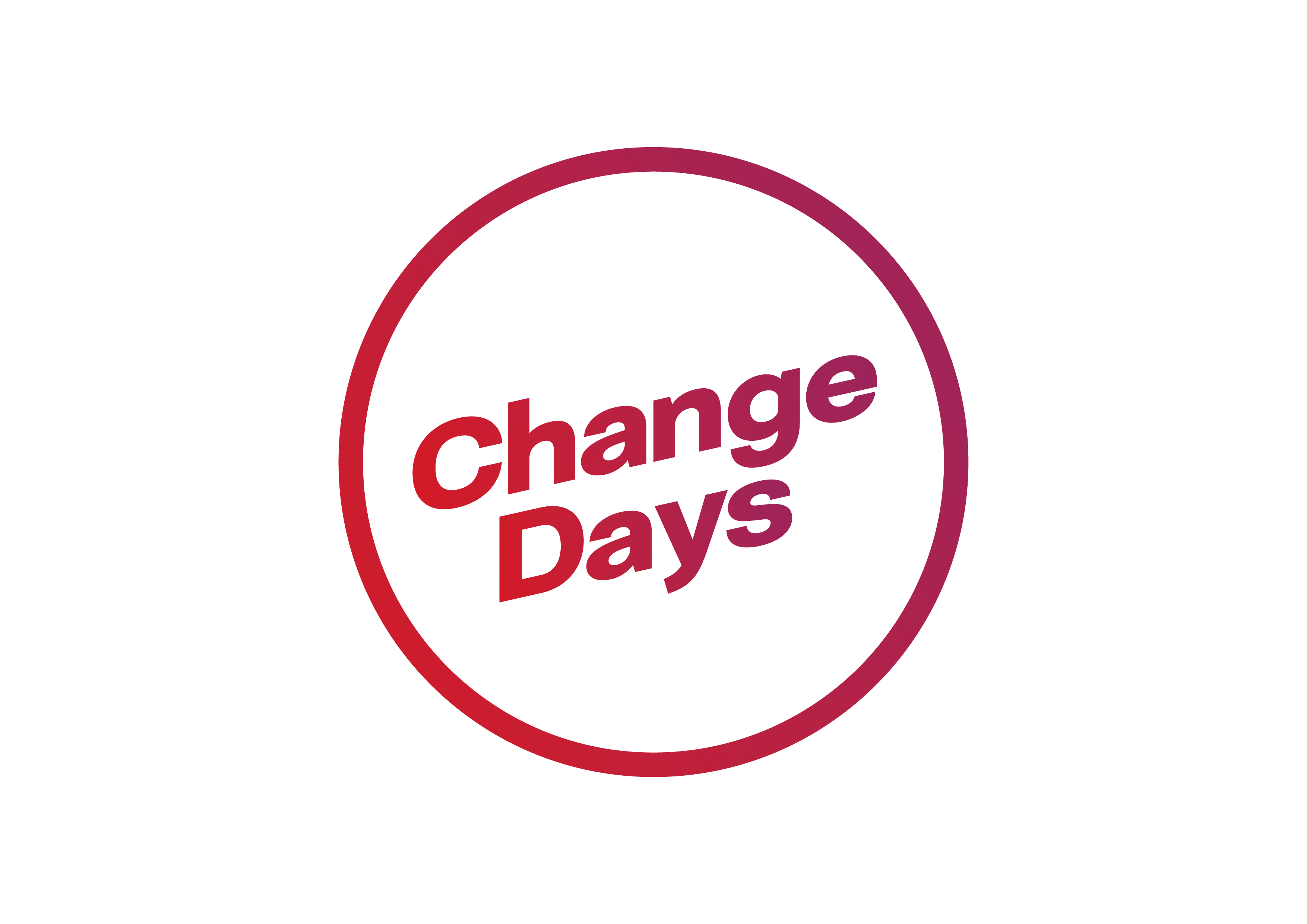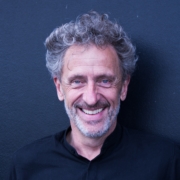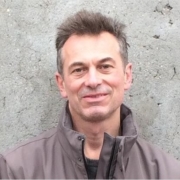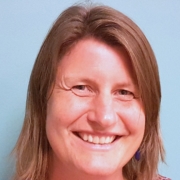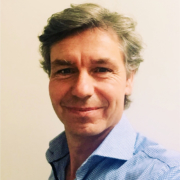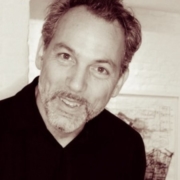We dive into dozens of our scientifically validated cases, ranging from German industry associations, European strategy consultancies to Global Networks, small family business as well as shareholder-driven corporations. Doing simple “napkin math”, the workshop provides tools and pathways for understanding how to design a business case for change in no time. Participants engage with simple and–if ready for number crunching also complex–tools. They learn key principles of how to create a business case for change initiatives.
This workshop is based on Process Work by Arnold Mindell et. al. Process Work is a paradigm how to work within companies these days. Process Work views companies as complex systems in which structural aspects, such as positions, the individuals filling them, hierarchy, larger cultural content and power dynamics inform the way the company is functioning. Process Work focuses on working with the interaction bringing out all the voices and making visible and bring to light the hidden insights and wisdom of the group. Having awareness of your own ranks helps you to understand why you may feel less powerful or abused by someone with higher rank. On the other side having awareness of your higher rank can lessen the likelihood of your using it in a way that is experienced as hurtful or abusive by someone of lower rank. Rank is described as the sum total of a person’s power and privileges at any given moment. You earn some of your power and privilege over your life, by facing life’s challenges and overcoming them. Some ranks are unearned: you acquire them by birth or social position. Rank is not constant and can change from moment to moment in a particular situation. Having more awareness of your own ranks in your relationships and talked about it, can radically change the way you interact and behave with people.
In the beginning there will be a short introduction to Process Work, different rank types, privileges and the connection to relationships. The participants will experiment with their own ranks and privileges, better understand the different rank types, identify with them in order to be more powerful and effektive at work. Furthermore, they become more sensitive to the hierarchies in the background of the relationships, roles and organisations and arrive at a strong position in terms of action. Also becoming more conscious of their own ranks and practice perceiving and enjoying them.
People often avoid talking about thorny issues together. This workshop provides an avenue into nonviolent discussion.
Treating a given space like a giant piece of graph paper, participants position themselves in specific places to silently declare their opinion of a concept. Individuals are then offered the opportunity to create a sculpture to help illuminate why they have chosen their position; this image is further defined in words by viewers outside the given sculpture. This is important because when viewers “read” a sculpture, they short-circuit any judgement which might arise from a Sculptor who would otherwise use spoken words. In addition, when those at the opposite pole help describe offered images in words it effectively humanizes all individuals who might otherwise appear to be in bitter opposition.
The participants will:
- learn the power of making interactive non-verbal polls
- practice creating images to illustrate a deep truth
- be encouraged to practice deep, empathetic listening
Organizations have an inherent world of values, emotions, fears and desires. This most human, and often unconscious or hidden, world is an important part of organizational life. It is the bedrock of power and trust – these two vital forces that shape an organization’s culture, its people’s day to day behaviours, and thereby the outcomes it creates. Those leading transformational shifts in organizations need to be able to work with these forces. Traditional interventions addressing the why and what of transformation are important but not sufficient. To get to the heart of transformation, we need to address the heart – the human dimension. For this, we can draw on work in these three domains:
- Organisational Change interventions like Deep democracy, Agile and Scrum, Design Thinking, Storytelling, Pattern Recognition to release creativity and help designing meaningful change.
- Coaching, workshops and events engaging people not only at the intellectual level, but also at the level of feelings and emotions, using mindfulness, interactive exercises, rituals, art, and bodywork, to connect people to their humanity and to each other
- Design a change process allowing groups and individuals to challenge established ways of doing and being, explore and establish new ones, to better serve the purpose of the organization
To illustrate this, we will present a case study of the European Investment Bank. In this we show why and how different forms of art and artistic expression are incorporated in training, team development and away days. And we will also share the initial results of a project about the development of constructive work relations through art and artistic interventions. This project is sponsored by the Bank’s Personnel Directorate, and at the same time intentionally set up and empowered as a bottom up initiative. In this project staff from across the organization design a series of events to bring about connection and dialogue between people in the organization, thus creating small steps towards a shift in the organization’s culture . Finally, we will engage and inspire participants to co-create their own change design using scrum methods to leverage art to surface Power and Trust in transformative design.
Real disruption is a deep wound to the integrity of organisational identity, so real disruption requires radical adaptation, structural transformation… a transformation in identity. The question that disruption is asking is not ‘what is the problem?’ or ‘how do I survive?’ or ‘how do I make it go away’, the question that disruption is asking is ‘Who are you?’. How you navigate that question determines the path of your evolution. Will you react or respond? Or will you deflect, dismiss, resist, deny or hide? Will you be willing to wrestle with it and, more importantly, with yourself? Will you seek to understand it and, more importantly, seek to understand yourself?
‘Curiosity & Disruptive Change’ focuses on curiosity as the strongest motivation and most useful aptitude for navigating and instigating disruptive change. We will explore what it means to be disrupted, how we react to disruption, what curiosity is, and how to cultivate a curiosity towards disruption that enables us to discern the possibilities and realise the potentials in any challenge. Myth, fairy tales, problem solving, perceptual challenges, crafts & play, current affairs… any or all are possible approaches we might take. Prepare for a little disruption… We’ll create situations which will instigate your curiosity, and we’ll analyze and reflect on our experiences and how they apply to your current situation.
Seemingly incompatible alternatives and either/or problem definitions are common in consulting and managing organizations. Starting with Arthur Koestler’s theory of humour and creativity we will explore concepts and tools to understand how these dilemmas offer a great starting point for the development of creative and novel approaches. This workshop will introduce a powerful framework to address and harness these dilemmas as an opportunity for development on a personal, team and organizational level. The approach is based on three distinct models from
a) the field of intercultural consulting,
b) personal development and
c) systems thinking.
The workshop provides a great setting to experience how the approach can be facilitated with groups before we will discuss its conceptual background and the application of the framework in organizational, personal and team development – and in telling jokes.
What changes if I come to a group not as an expert to share knowledge, but rather as a human being coming to learn from the experience of the other so that I may transfer it into my own context?
This workshop will take participants on a deep exploration of the question “What makes us human?”, and will help them think through the consequences of taking our common humanity as a starting point to any work we do. At the heart of this workshop is the approach used by the international NGO the Constellation, SALT: Stimulate/Support – Appreciate/Authenticity – Learn/Listen/Link – Transfer/Trust/Transform/Team.
Facilitators of this approach know from experience that people within the communities and groups they work with have what it takes to dream, act and transform – they trust that as facilitators they need only to host a space that is ‘human’ enough for people to express themselves freely and find their own solutions – trust that building from strengths and aspirations any group of people has enough in common to overcome their differences and work towards a shared dream.
Participants will leave the workshop with renewed energy, connections and concrete ideas of taking next steps in a change process of their choice.
“The world is getting more crowded. Depending on the circumstances, conversations across boundaries can be delightful, or just vexing: what they mainly are, though, is inevitable.” Kwame Anthony Appiah
Today’s rapidly changing and interdependent world has included a global migration where our society is increasingly ‘diverse’. In order to function effectively with a range of colleagues, service users, students and clients it is essential to improve one’s intercultural sensitivity (working with, understanding and being sensitive to cultural differences). Effective Intercultural Sensitivity is crucial to successful and optimum practice in all workplaces.
This training offers:
- Tips and tools to improve specific intercultural communication skills
- Visible and Non visible aspects of culture
- Cultural self awareness: Own perspective on culture, cultural values, rules and behaviour
- Cultural boundaries: influences in work, management, teams, meetings
- The different ways people negotiate, communicate, agree and resolve conflict
- Understanding the Five Frameworks for cross – cultural interaction
Tailored training modules specific to your particular working needs and circumstances are also available.
In a world in which traditional hierarchy slowly but surely is substituted (or complemented) by new forms of organizing, the development of strong organizational relationships has become even more important. Trust is a fundamental aspect of these relationships. But how do we form trust? More specifically: how is trust built (and sometimes broken)? Over the last 20 years, research in social sciences has given us ample understanding of the underlying components. In this evidence based workshop we will explore, make sense and experience the latest insights on trust development.
Changes happen better when people can talk about them. Stimulating Conversation is easy. But it takes practice. This session helps you examine your own conversations, test out ways to converse, and get feedback to enhance your style. You may very well become a better conversationalist, but our real goal is for you to help other people to enter into conversation – conversations about change, about working together and about your shared future. By getting other people talking, you will find the secret to Stimulating Conversation.
Get ready to:
- Rethink the questions you ask. – Be more present for those around you.
- Find more meaning in your exchanges.
- Jump into this conversation and find insights, stories and tips from others who see the value in getting people talking.
